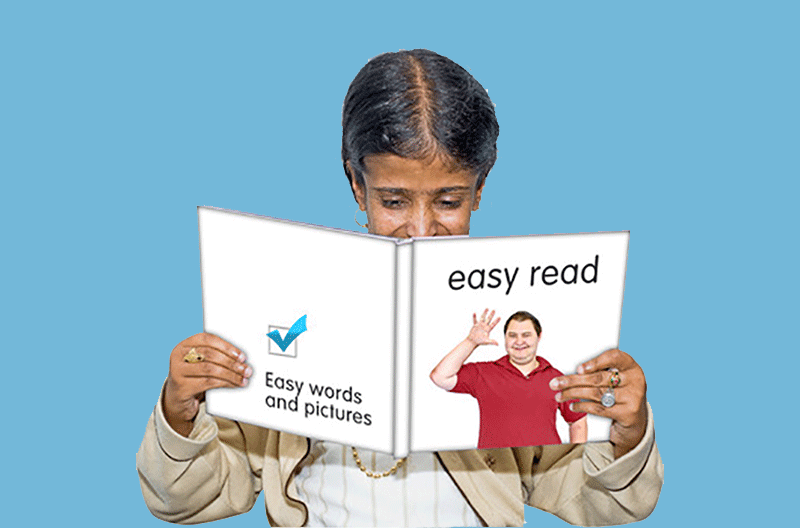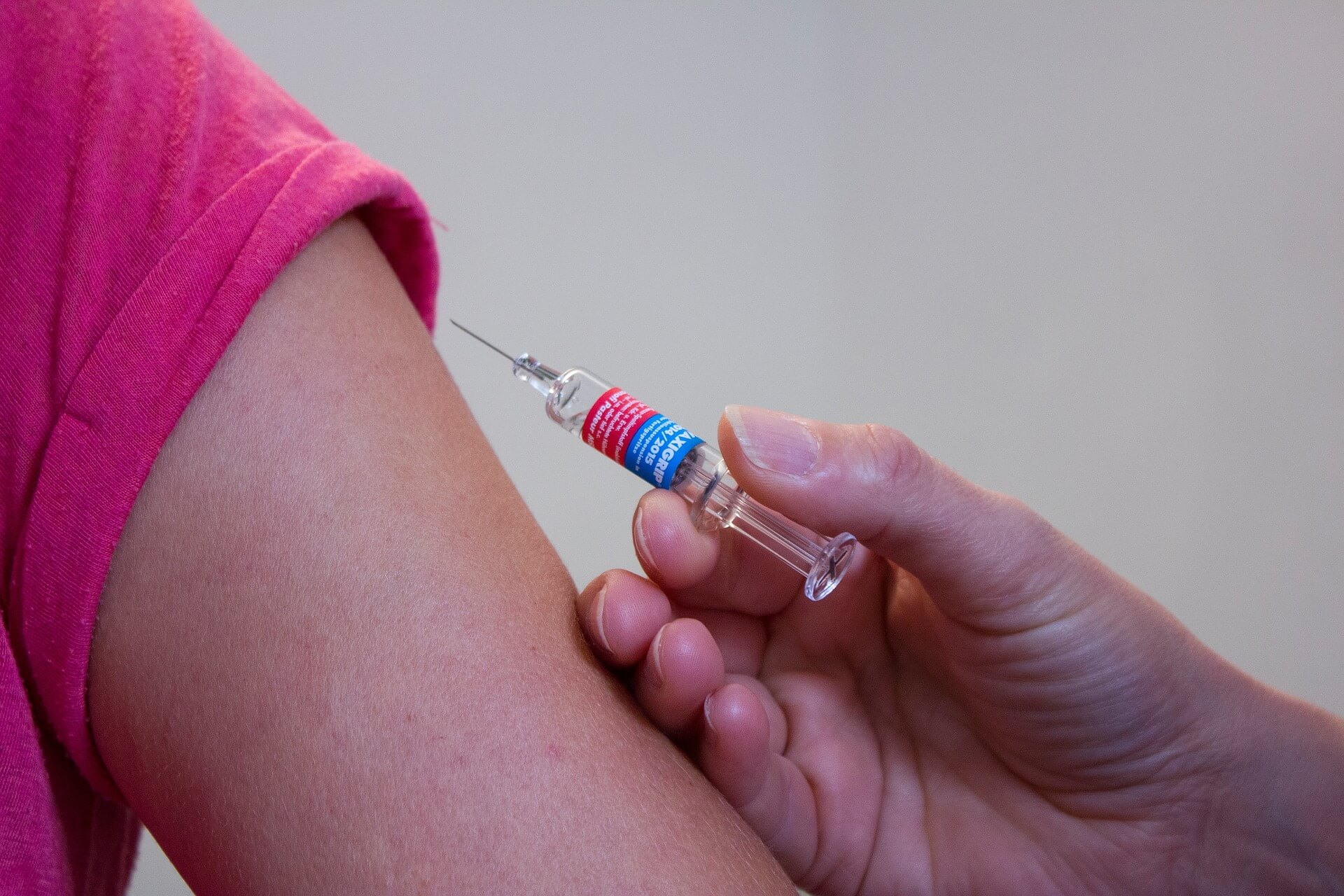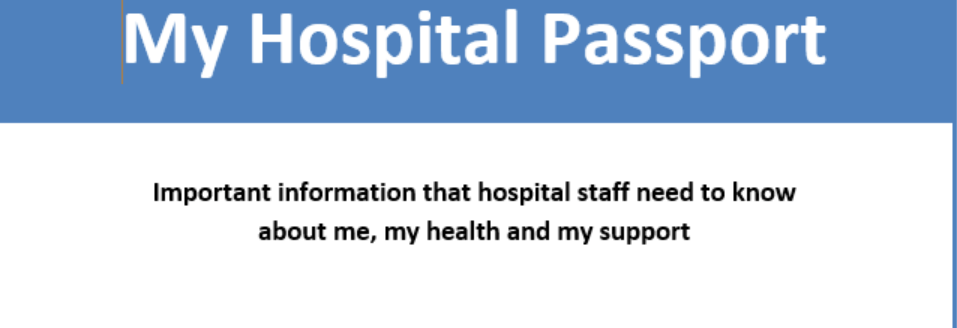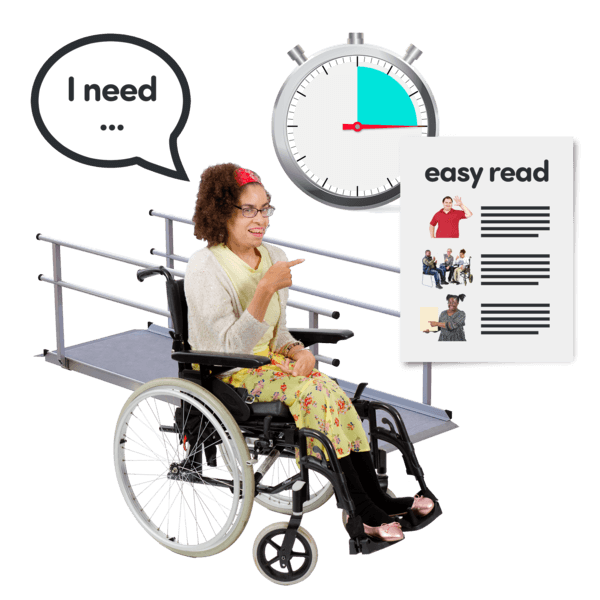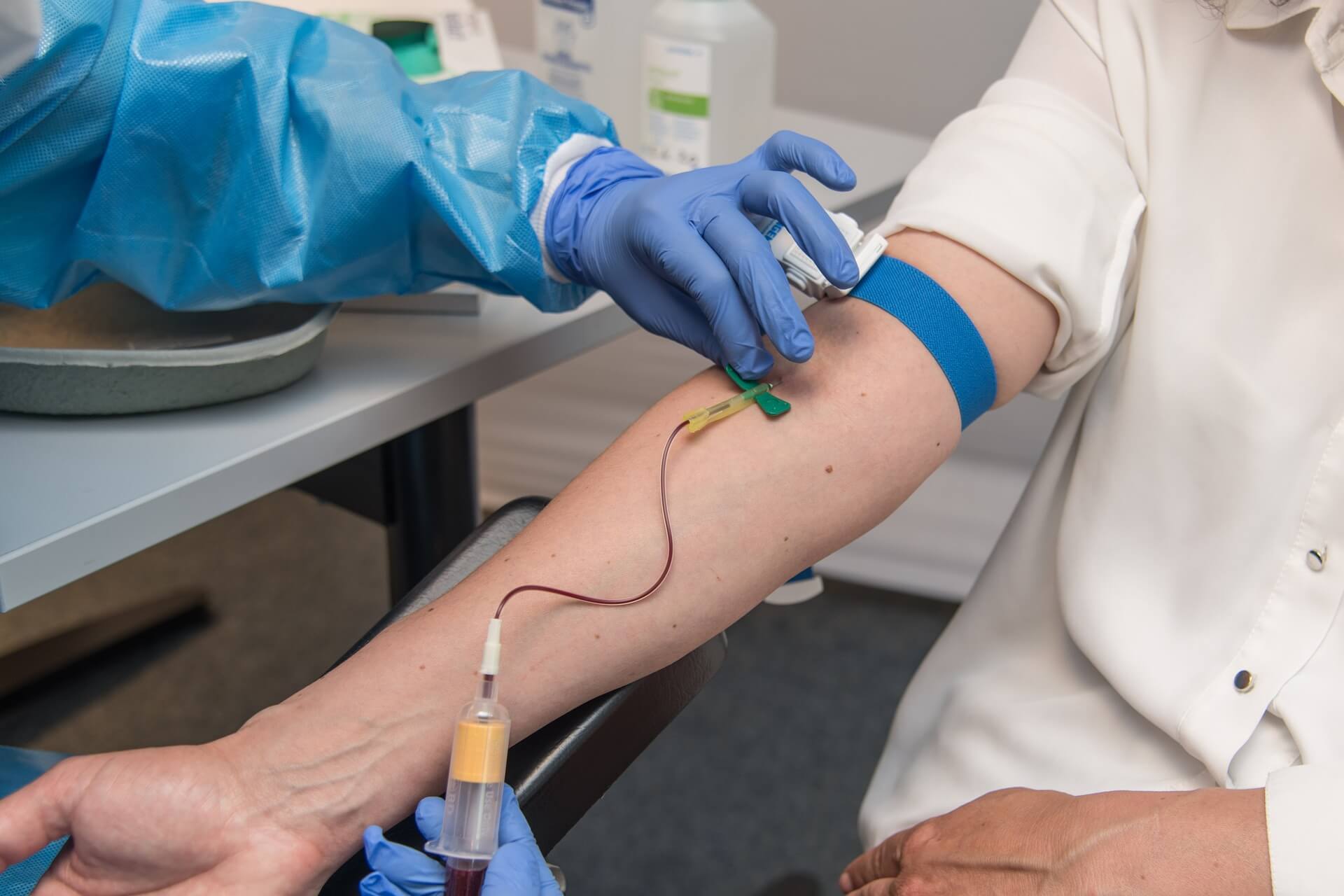Vaccinations
Vaccination is the most important thing we can do to protect ourselves from potentially dangerous or fatal diseases. They prevent up to 3 million deaths across the world every year, so if people stop having vaccines then diseases can start spreading again.
What will happen at your vaccination appointment?
When you arrive at your vaccination appointment you will be asked to sit down and to confirm some details about yourself. This is so they can check you are the right person for the appointment.
The nurse or doctor might ask if you have any allergies and if you’re ok with needles.
When you’re ready they will clean your skin and then inject you with the vaccine. They will let you know when they are doing this and you can expect a slight ‘pinch’ or ‘scratch’. This means it might be a little bit painful but it shouldn’t hurt a lot. Tell the doctor or nurse if you are concerned about the pain.
The injection should only take a few seconds and there shouldn’t be much bleeding (some people don’t bleed at all).
You might be asked to sit in the waiting room for 10 – 20 minutes to make sure you don’t have an allergic reaction, this is so they can keep an eye on you and make sure you are safe.
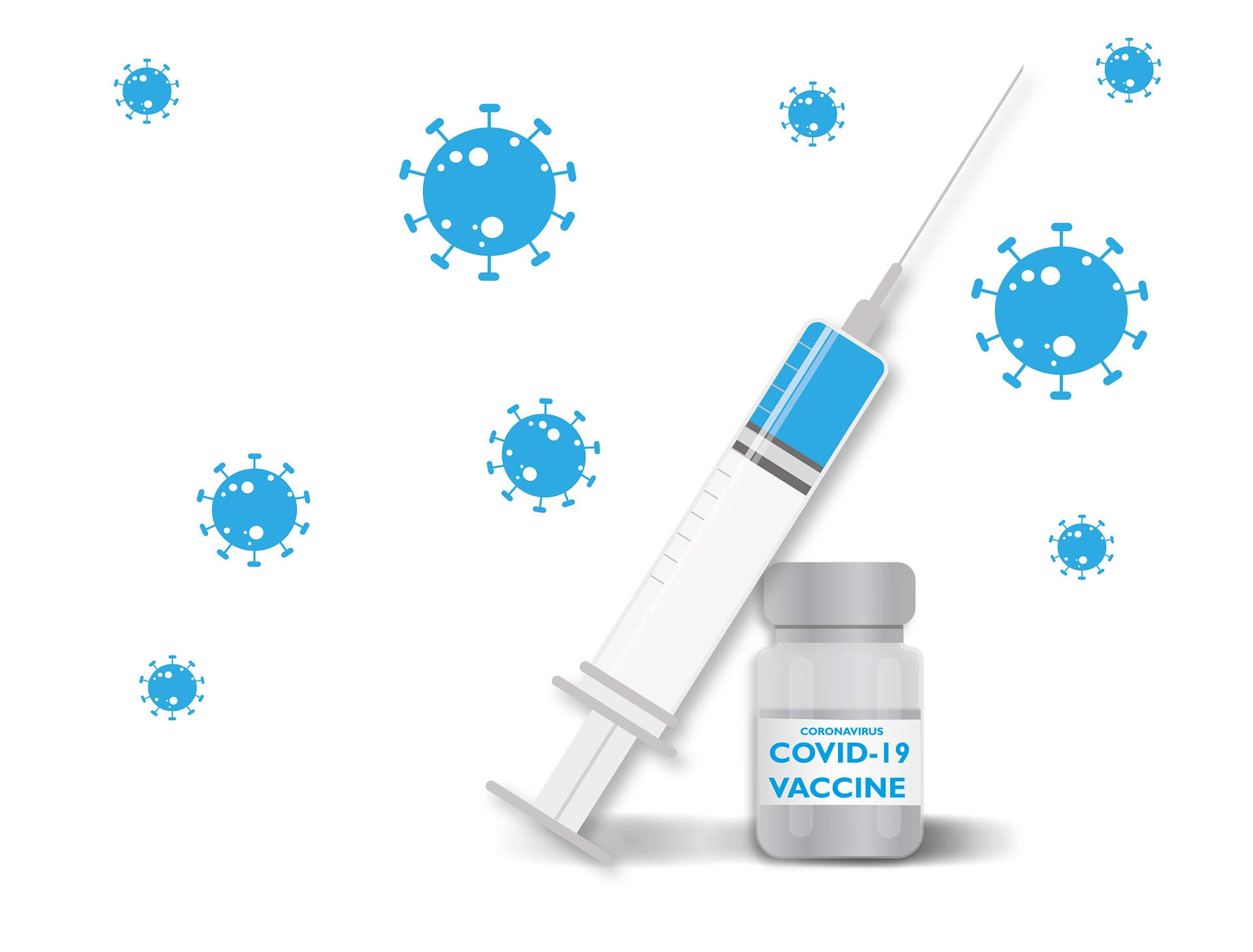
Alex had twice refused to have their Covid injection. Their family have wanted them to have the injection so they’ve worked with them and their team to do desensitisation work, including role plays using a Calpol syringe as a pretend needle and touching that against their arm. They went to the Doctors twice with their support team but left before the injection. After three attempts they had their injection.
How do vaccines work?
Vaccines are a clever way of teaching your immune system how to protect you from certain viruses. Your immune system makes antibodies which are important for fighting off viruses which can make you ill.
It is a lot safer for your immune system to learn how to create antibodies against a certain virus through getting the vaccine than it is through getting the disease itself. This is because vaccines are controlled and the scientists who make them can make sure that they are safe.
Once your immune system knows how to fight off a certain virus it can remember and keep you protected for years.
But for some viruses you need a regular booster vaccination. This is because some virus mutate, this means that they change and the antibodies you have does not work against the new version (also called a strain).
Unfortunately not everybody can have vaccinations. People who are seriously allergic to an ingredient in them, have a weak immune system (like people who are getting certain treatments for illnesses such as cancer) or are very young can’t have them. This is why it is so important for everybody else to get theirs; by getting our vaccinations we are protecting people who can’t. This is called herd immunity.
How do we know that vaccines are safe?
All vaccines are tested to make sure they are safe for people, and it often takes a long time to make sure the vaccine is tested properly.
Sometimes vaccines can be made very quickly, like they are for Covid-19 and for the flu. This is because there has already been a lot of work done before to create vaccines for that type of virus.
When a vaccine is safe and being used in the UK the side effects are monitored to make sure they stay safe.
Some vaccines have very rare serious side effects, this can sound scary but they are very rare and it is safer to take the vaccine and protect yourself against the virus.
There is a dangerous myth that vaccines cause autism. This is incorrect and the person who spread this lie is no longer a registered medical professional.


